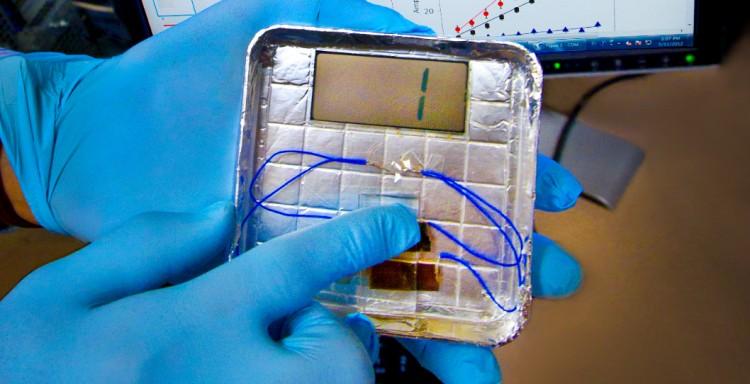Distractions can affect the brain and decrease pain sensation, but a new German study shows that this is not just mind over matter but also spine over matter.
Researchers at University Medical Center Hamburg-Eppendorf applied painful levels of heat to participants’ arms while they completed either a difficult or an easy memory task. The task served as a mental distraction and involved memorizing a set of letters.
The team found that participants who had to complete the harder memory task perceived less pain, and functional magnetic resonance imaging (fMRI) of their spinal cords showed lower biochemical activity in the neurons that relay information from the limbs during the initial stages of pain perception.
“The results demonstrate that this phenomenon is not just a psychological phenomenon, but an active neuronal mechanism reducing the amount of pain signals ascending from the spinal cord to higher-order brain regions,” said study lead author Christian Sprenger in a press release.
The scientists suspected that mental distractions somehow involve endogenous opioids—molecules that the body naturally makes to decrease pain perception. To test this, they gave some participants the drug naloxone, which blocks the effects of opioids, and repeated their experiment.
They found that in participants receiving the drug, distraction was 40 percent less effective in relieving pain, suggesting that it does somehow modulate opioid pathways.
However, the results also hinted that other mechanisms are involved in cognitive pain reduction since blocking the opioid pathway did not completely eliminate the effects of mental distractions on pain perception.
This research could potentially lead to new methods in the treatment of pain disorders.
“As a direct consequence, our findings strengthen the role of cognitive-behavioral therapeutic approaches in the treatment and prevention of pain diseases,” wrote the researchers in their study, “because it could be extrapolated that these approaches might have the potential to alter the underlying neurobiological mechanisms as early as in the spinal cord.”
The study was published online in Current Biology on May 17.
The Epoch Times publishes in 35 countries and in 19 languages. Subscribe to our e-newsletter.



